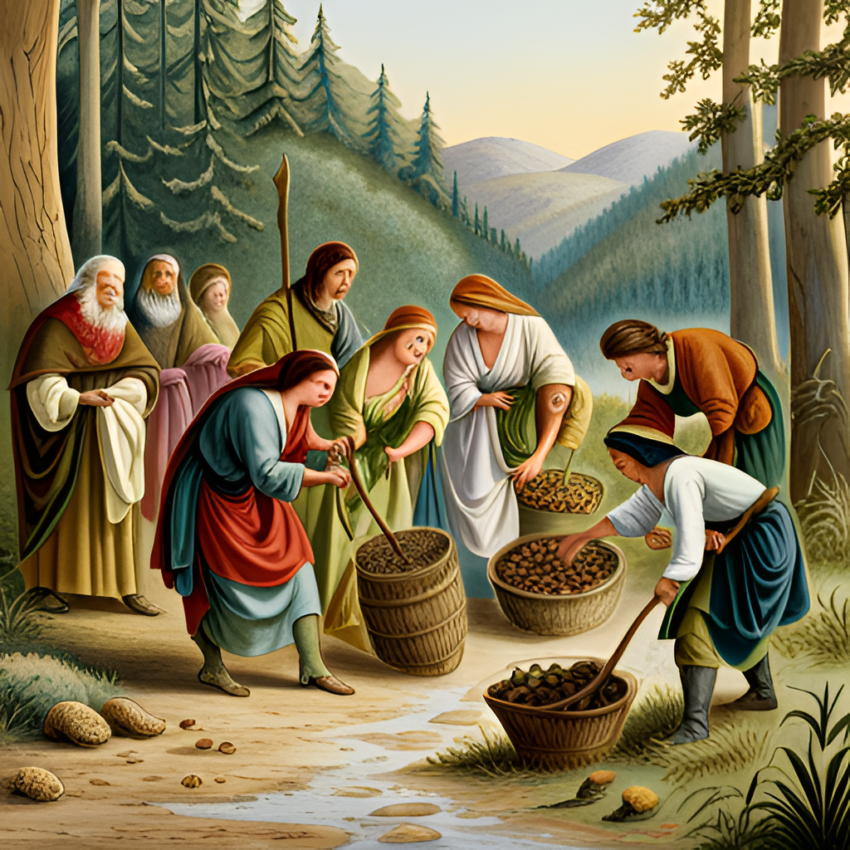Foraging and Ancestral Heritage: A Deep Dive into the History of Gathering Wild Foods
Foraging, also known as gathering, is the act of collecting wild plants and animals for food. It is a practice that has been around since the beginning of human history. ancestors were hunters and gatherers who relied on foraging for their survival.
The history of foraging dates back to the early days of human evolution. For millions of years, our ancestors survived by hunting wild animals and gathering edible plants. They had an intimate knowledge of their surroundings and knew which plants were safe to eat and which ones were poisonous.
As humans evolved, they began to domesticate plants and animals, which led to the rise of agriculture. But even with this development, foraging remained an integral part of people’s diets. In fact, many ancient civilizations, such as the Greeks and Romans, continued to forage for wild foods.
In North America, indigenous peoples have long relied on foraging for their sustenance. They have a deep understanding of the plants and animals in their environment and have developed intricate systems of seasonal harvesting.
Today, foraging is experiencing a resurgence in popularity. As people become more interested in sustainable living and local food systems, foraging offers a way to connect with nature and our ancestral roots. It is also seen as a way to reduce our reliance on industrialized agriculture and processed foods.
Foraging involves more than just picking berries and mushrooms. It requires an understanding of ecology, plant identification, and environmental stewardship. Foragers need to be aware of the impact they have on their surroundings and take steps to ensure that they are not damaging the ecosystem.
There are also concerns about over-harvesting and the potential for contamination. Foragers need to be mindful of where they are collecting food, as plants can absorb toxins from the soil and water. It’s important to only forage in clean areas and to avoid harvesting near roadsides or other sources of pollution.
Despite these challenges, foraging remains a valuable and rewarding practice. It offers a way to connect with nature and our ancestral heritage, while also providing a source of fresh, nutritious food. With the right knowledge and respect for the natural world, foraging can be a safe and sustainable way to feed ourselves and our communities.

